As shoppers descended on Oxford Street in London, in black cabs or on foot to visit the city’s high-end shops on Friday, a massive sign affixed to Selfridges towered overhead: “Let’s change the way we shop.”
The change, however, may be somewhat different than intended. Soon, the area could be beneficiary of two plans announced by the chancellor, Kwasi Kwarteng, on Friday: the return of duty-free shopping to the high street and the scrapping of the 45% income tax band.
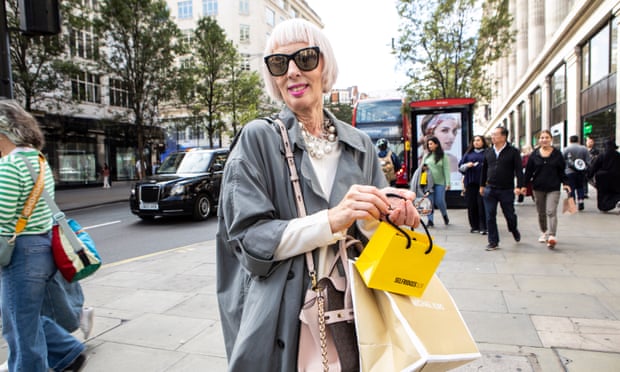
Trailing out of Selfridges with the unmistakable yellow bag dangling from the crook of her arm, Rita Waters, 66, welcomed Kwarteng’s mini-budget. While the VAT tax change won’t alter her shopping habits as a British citizen, she felt positive about the decision to scrap the additional tax on those whose annual income was more than £150,000.
“And it will filter down,” said Waters, who is retired. “It will filter down to the people who don’t pay tax but maybe they have more money in their pocket than the Treasury.”
As a lifelong Conservative voter, she said the budget will give her more to spend and give to food banks. “And hope the other people will as well,” she added.
While praising other changes, such as to stamp duty, she wishes there had been a windfall tax on energy companies. “Give them a chance,” she said of the government’s fiscal plans. “Give them a chance.”
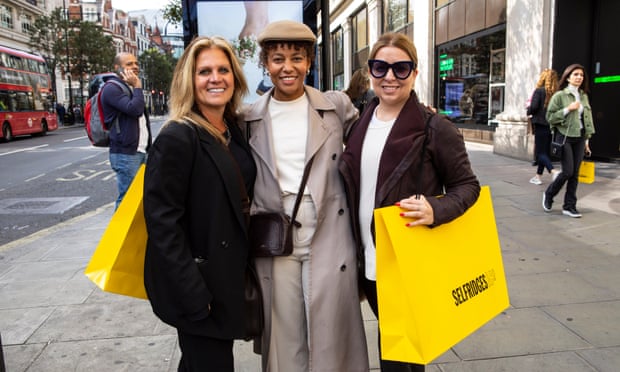
Like many international travellers visiting London’s high streets, shoe designers Theresa Cladney and Angelique Joseph, hailing from the midwest, will soon find shopping in Britain is going to cost them less than before.
“I think it would be great, as long as you don’t have to do the hassle of the process,” said Cladney, recalling hours wasted at airports for returns. “If it was an easy process, like it is in the United States to where, that day you just don’t get taxed, and you don’t have to do anything. It’s all about convenience. Since everything’s going up. It’d be nice to see something come down a little bit.”
Kwarteng intends to digitise the new system, ending the old pen-and-paper format.
The reintroduction of a tax-free shopping scheme, previously abolished in 2021 after Brexit, will enable tourists to get a refund on VAT on goods bought on the high street, at airports and other departure points and exported from the UK in their personal baggage.
The move, which will cost almost £1.3bn in 2024-25, comes as the pound plummets to new lows against foreign currencies, and the country battles its highest inflation rates in four decades.
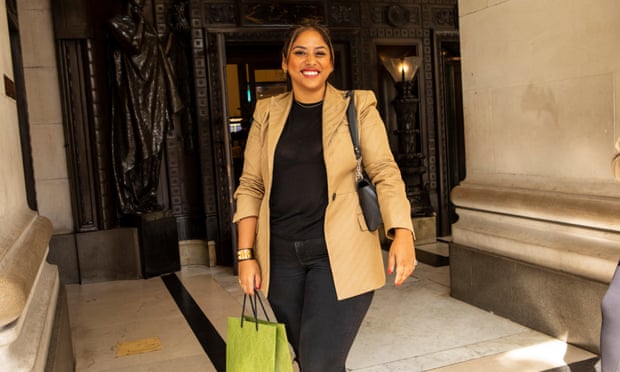
For Nouria Hafid, who has worked for years on Bond Street selling high-end jewellery, the change will not only yield larger returns for the business, but also employee salaries – which are commission based.
“I think it will be really good, because to be honest tourists are back in London after Covid, they’re here, they have money and they want to spend,” said Hafid, 32, who has seen an increase in clientele from the US, China, and existing Middle Eastern clients in London.
“All the luxury comes from foreigners travelling here,” added Hafid, who in the past has experienced a loss of customers travelling to France and elsewhere for VAT-free shopping. “We had to mark down prices on our products a little bit to be able to play with the market, but still, it’s not good enough. We are losing money for that.”















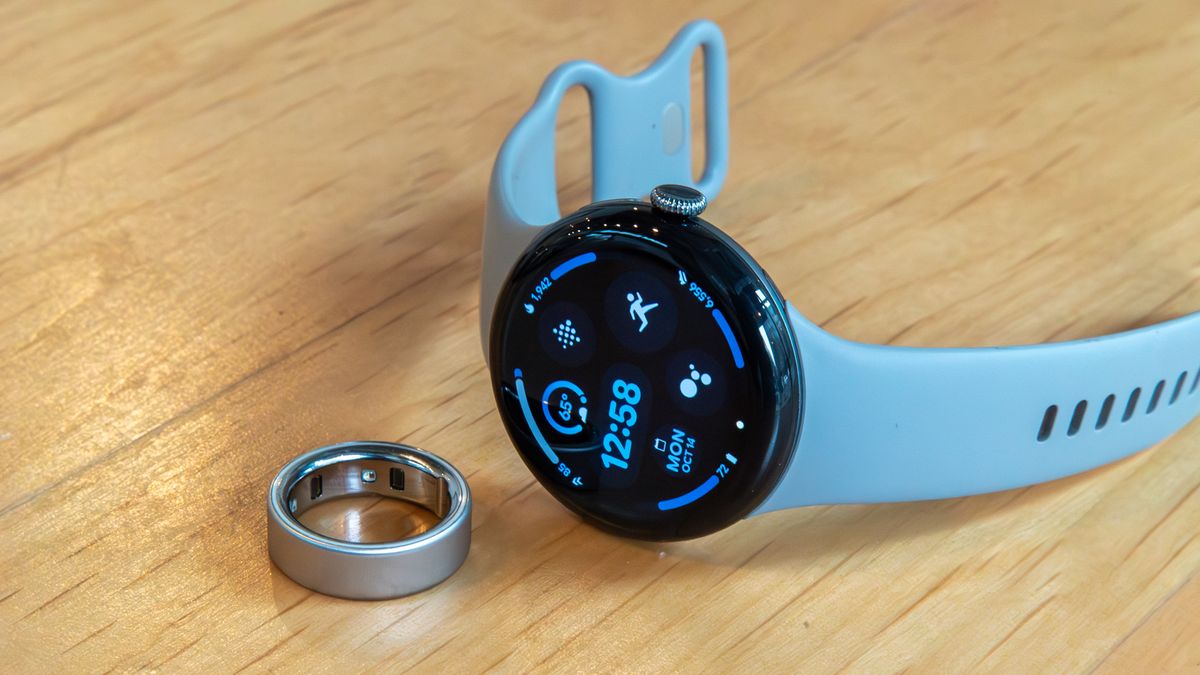


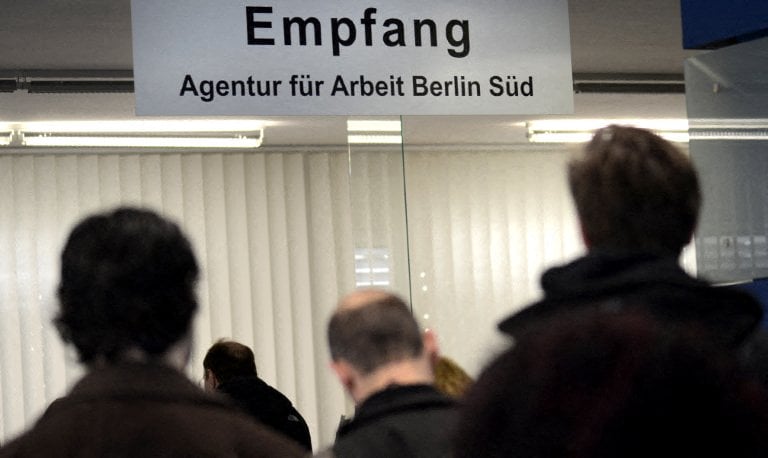

Discussion about this post